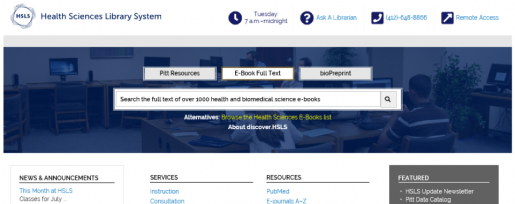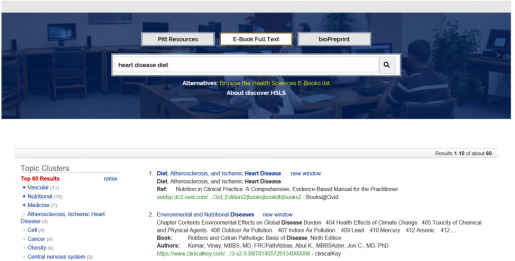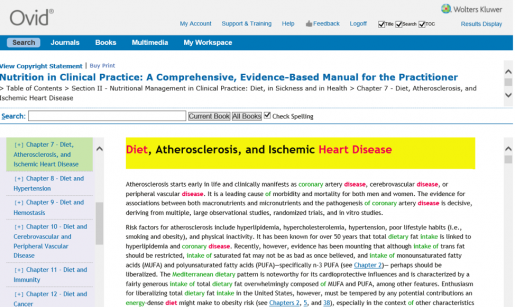EndNote for Research Teams, Friday, November 1, 11–11:15 a.m.
Painless PubMed, Monday, November 4, 8–8:15 a.m.
Introduction to Tableau for Data Visualization, Monday, November 4, 10–11 a.m.
Single Cell RNA-Seq, Wednesday, November 6, 10–10:15 a.m.
Basic EndNote, Friday, November 8, 4–5 p.m.
Introduction to Image Editing: Adobe Photoshop and Illustrator, Tuesday, November 12, 10–11:30 a.m.
Gene Expression Visualization, Wednesday, November 13, 1–4 p.m.
Version Control, Thursday, November 14, 10:30–11 a.m.
Introduction to Adobe Illustrator for Diagrams, Friday, November 15, 10–11:30 a.m.
Advanced EndNote, Friday, November 15, 12–1 p.m.
PowerPoint for Conference Posters, Monday, November 18, 1:30–3:30 p.m.
Presentation Zen: Effective Visuals and Design, Tuesday, November 19, 12–1 p.m.
Painless PubMed, Wednesday, November 20, 8–9 a.m.
Pathway Enrichment Analysis–IPA & MetaCore, Wednesday, November 20, 10 a.m.–3 p.m.
Exploring and Cleaning Data with OpenRefine, Thursday, November 21, 2–3:30 p.m.


 In July 2019, NIH and Figshare announced the one-year pilot launch of a general data repository for all NIH-funded researchers:
In July 2019, NIH and Figshare announced the one-year pilot launch of a general data repository for all NIH-funded researchers: 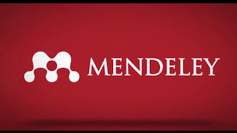
 The National Library of Medicine (NLM) has fully digitized the
The National Library of Medicine (NLM) has fully digitized the 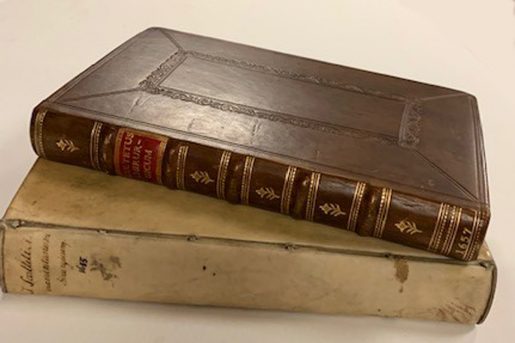
 Welcome to a new academic year! HSLS offers a wide array of research and information services, educational opportunities, and resources to support the health sciences.
Welcome to a new academic year! HSLS offers a wide array of research and information services, educational opportunities, and resources to support the health sciences.